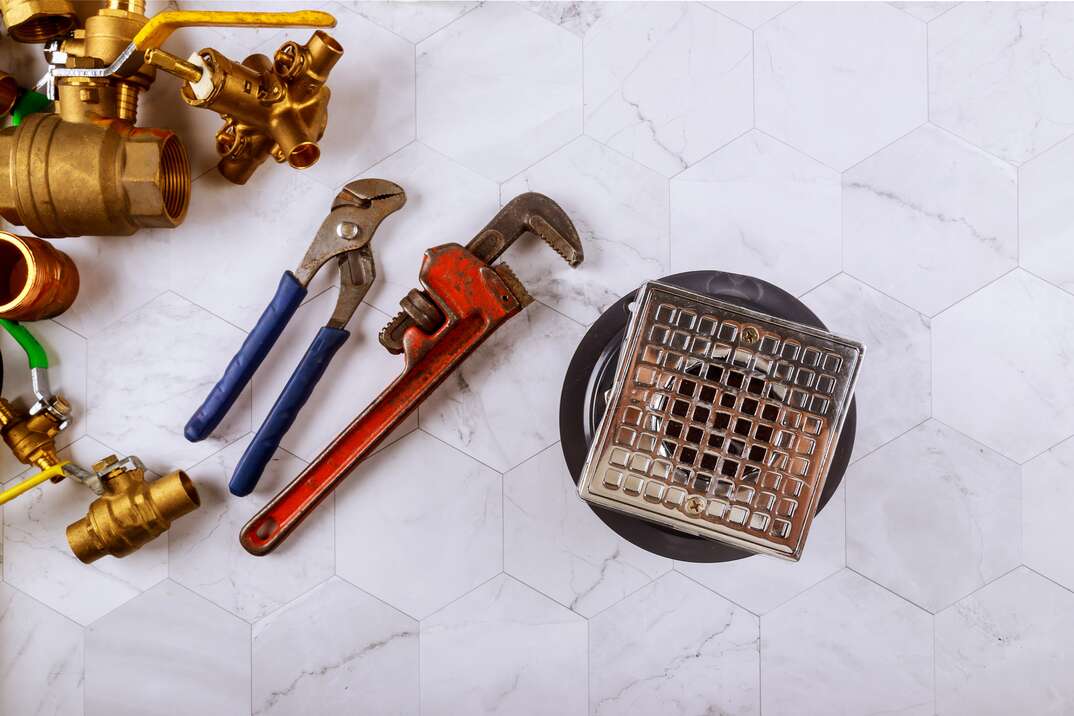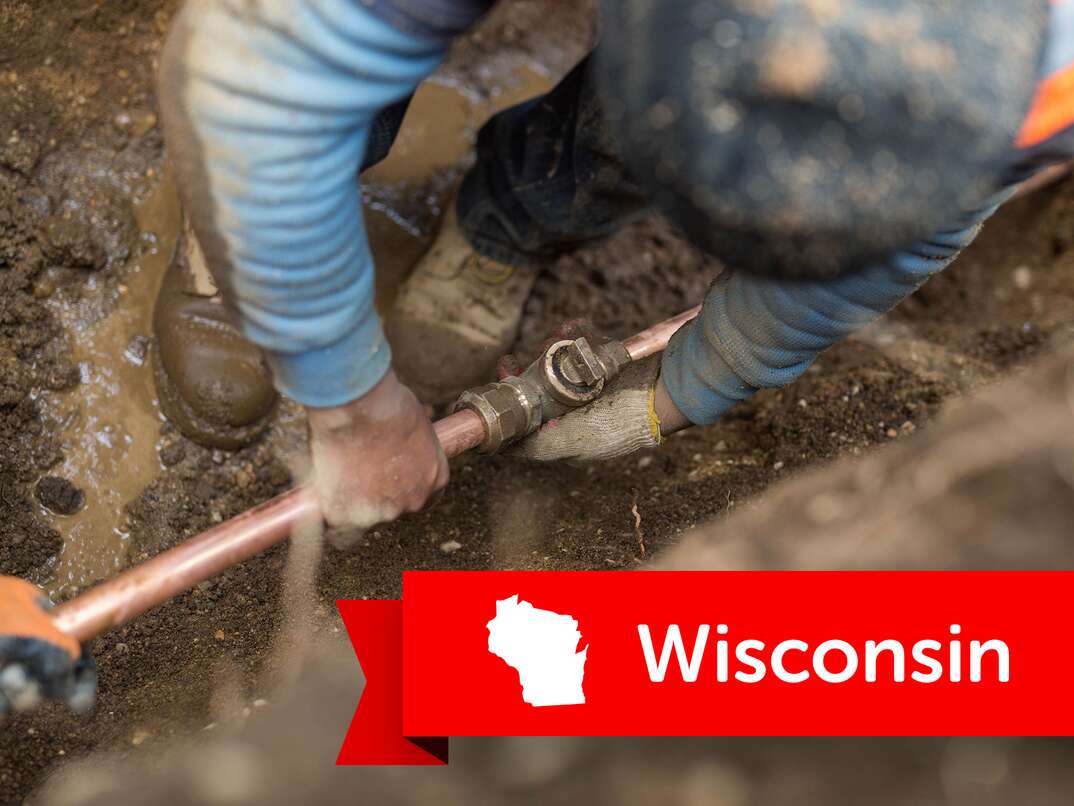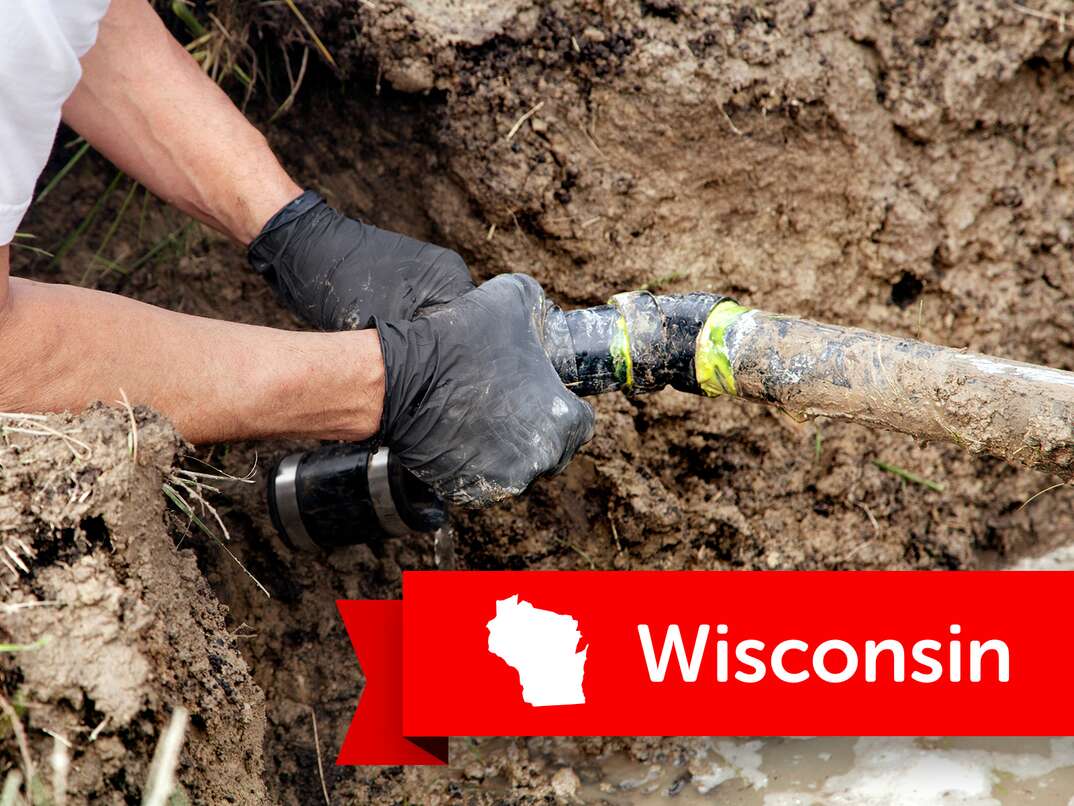How Much Does It Cost to Install or Replace a Shower Drain?

Shower Drain Replacement Costs at a Glance
- Shower drain: $50-$70
- Additional supplies: $30-$40
- Professional installation: $200-$300
Your shower drain seems like a simple hole in the floor — and, hopefully, you don’t need to think about it all that much. But when something goes wrong, you’re going to need to replace it sooner rather than later.
This May Also Interest You: How to Install or Replace a Shower Drain
Shower drain replacement costs vary. That said, you may be able to save some cash if you do it yourself. Here’s what you need to know.
How Much Does It Cost to Replace a Shower Drain?
The cost of replacing a shower drain will vary based on how involved the project is. But, in general, you’ll pay for the drain itself, plus the labor fees. You can avoid labor fees if you buy the drain and install it yourself rather than hiring a plumber.
According to Homewyse, the drain itself costs somewhere in the ballpark of $50 to $70, but you may need to spend another $30 to $40 on additional supplies. If you pay a professional to do the installation for you, expect labor to cost $200 to $300 on top of the materials.
Why Would You Need to Replace a Shower Drain?
There are plenty of reasons why you might want or need to replace your shower drain, like:
- Damage to the drain
- A bad seal around the drain
- Rust or other buildup
- Improper original installation
- Reinstalling the pipes
Depending on which of these apply to your situation, you may need to take different steps from here. If leaks are bad enough, for example, you might need to consider coming at the issue from underneath. That involves ceiling work in the room below. And since you’re probably dealing with an issue involving the pipes, the whole task might be better left to a plumber. The cost to install plumbing will differ greatly from the cost to replace just the shower drain.
How Do You Replace a Shower Drain?
Barring that level of involvement, you will likely be able to replace the drain yourself. Typically, the process involves removing the old drain, cleaning and prepping the area for the new one, placing it for fitment and final installation.
We have a full installation guide if you want to go the DIY route. Here’s a quick overview:
Removing the Drain
The first step is to remove the old drain. You’ll want to thoroughly clean the area of the drain and immediately surrounding it. This is a good time to inspect and see if you need new tiles installed. Also, remove any clogs. Once the drain is completely flowing and the area is clean, you can then begin the process of removal.
Every drain is different, but you should be able to remove most like this: If there’s caulk or sealant around the drain, remove it. Then, spray the area around the drain with some kind of lubricant, like WD-40. Don’t use grease as it could clog the drain.
Next, remove any screws and pull the drain out. You can use a pair of pliers, your fingers or something flat to wedge under it for leverage, if necessary. The drain is a complete entity and could have multiple pieces, plus any connecting pipe you’re replacing. Be sure you get it all.
Fitment and Installation
Clean the area again prior to installation. Put the drain in place and make sure it fits properly. Once you’re sure it’s sitting the way it needs to, go ahead and lock it down. Make sure the drain stop is in place, apply any sealants needed and screw it down if necessary. Once that’s done, let it dry according to the instructions, and you’re good to go.


